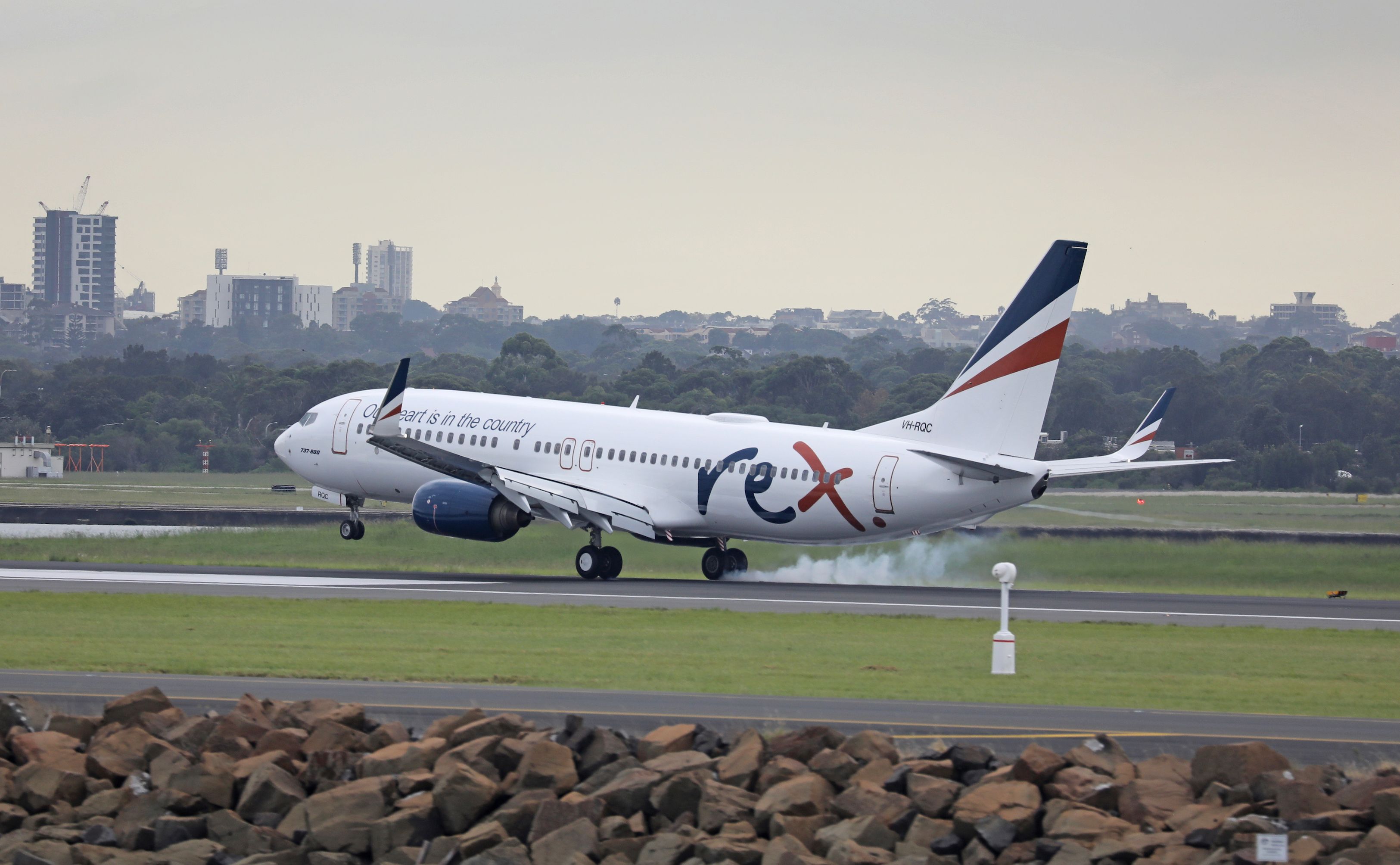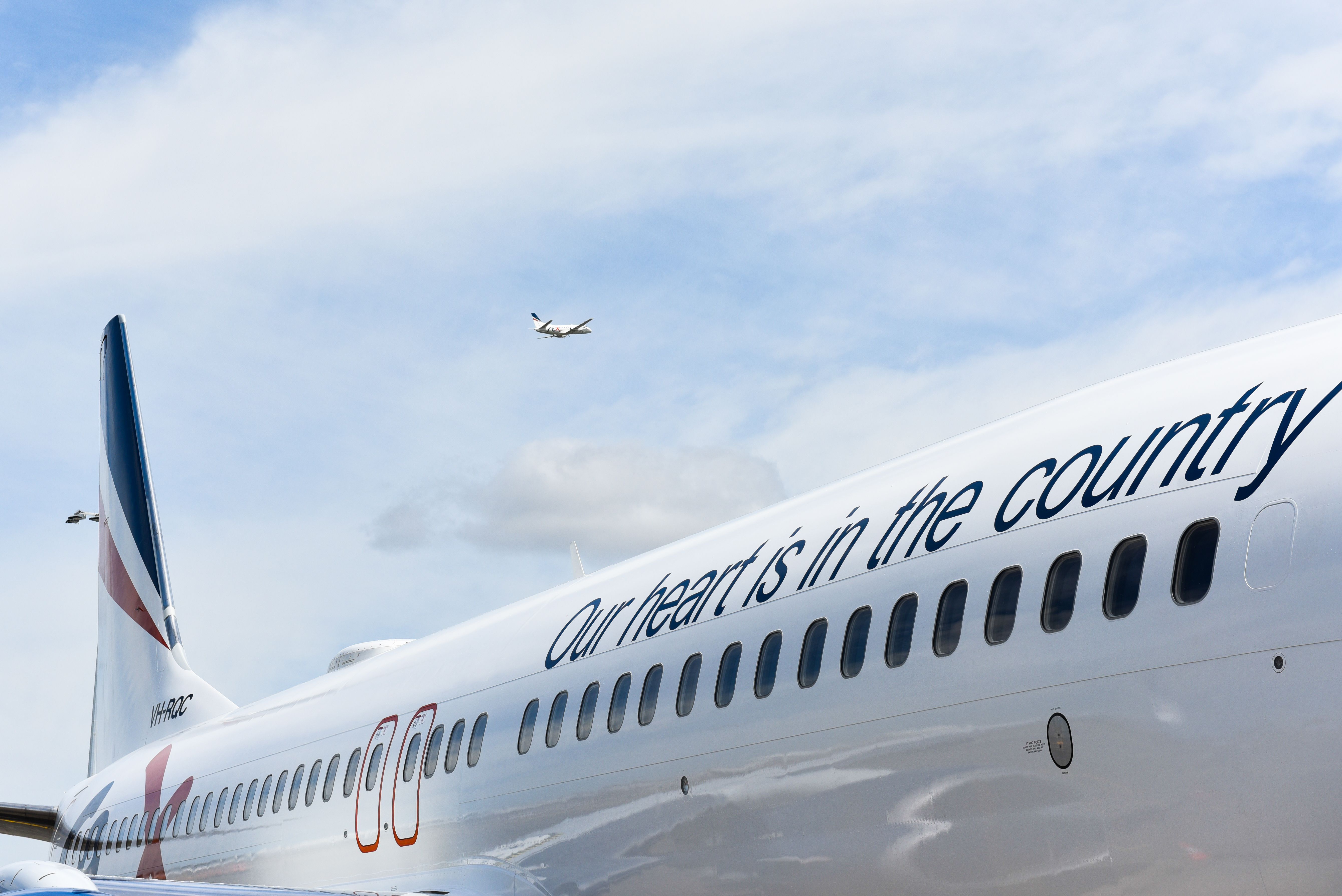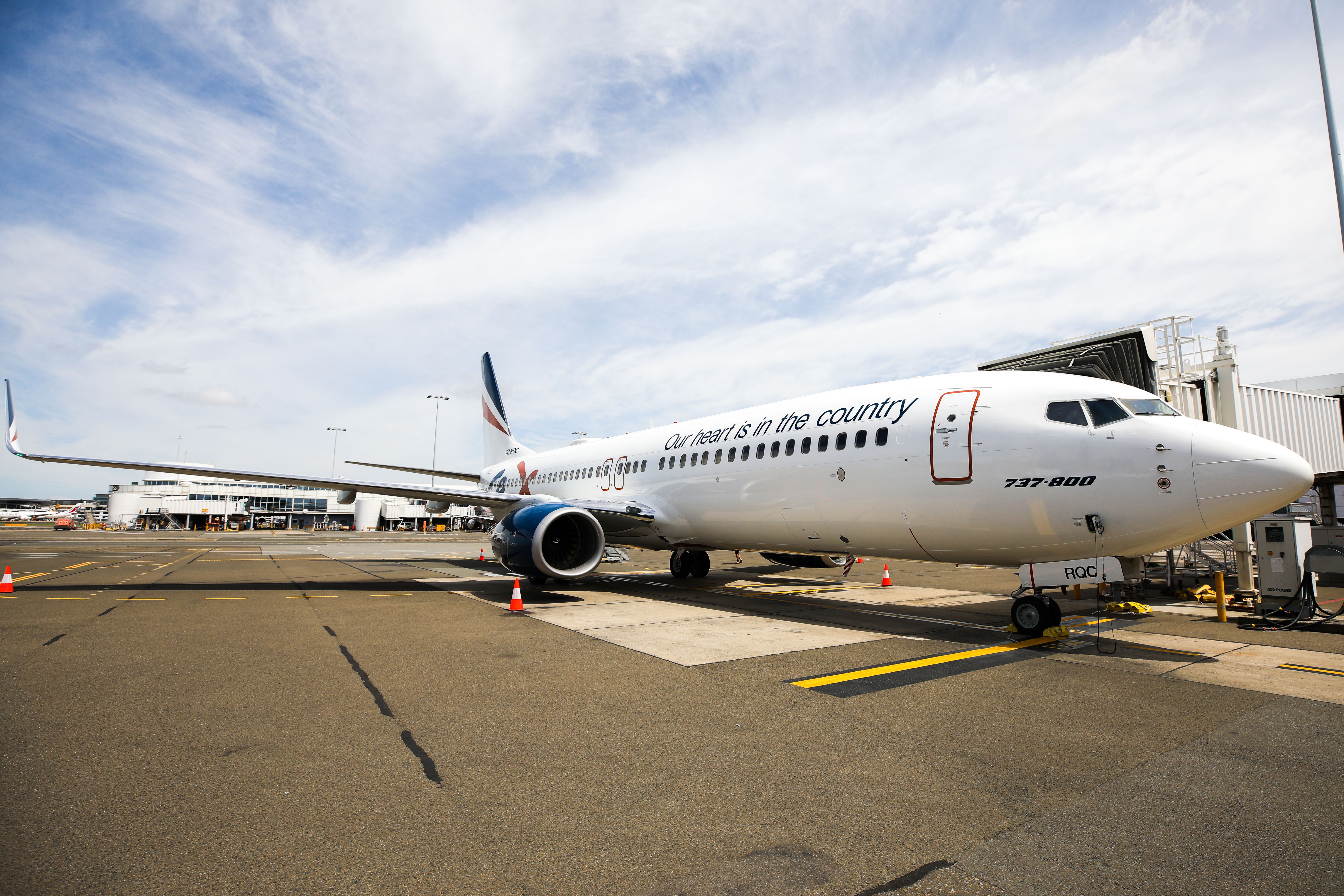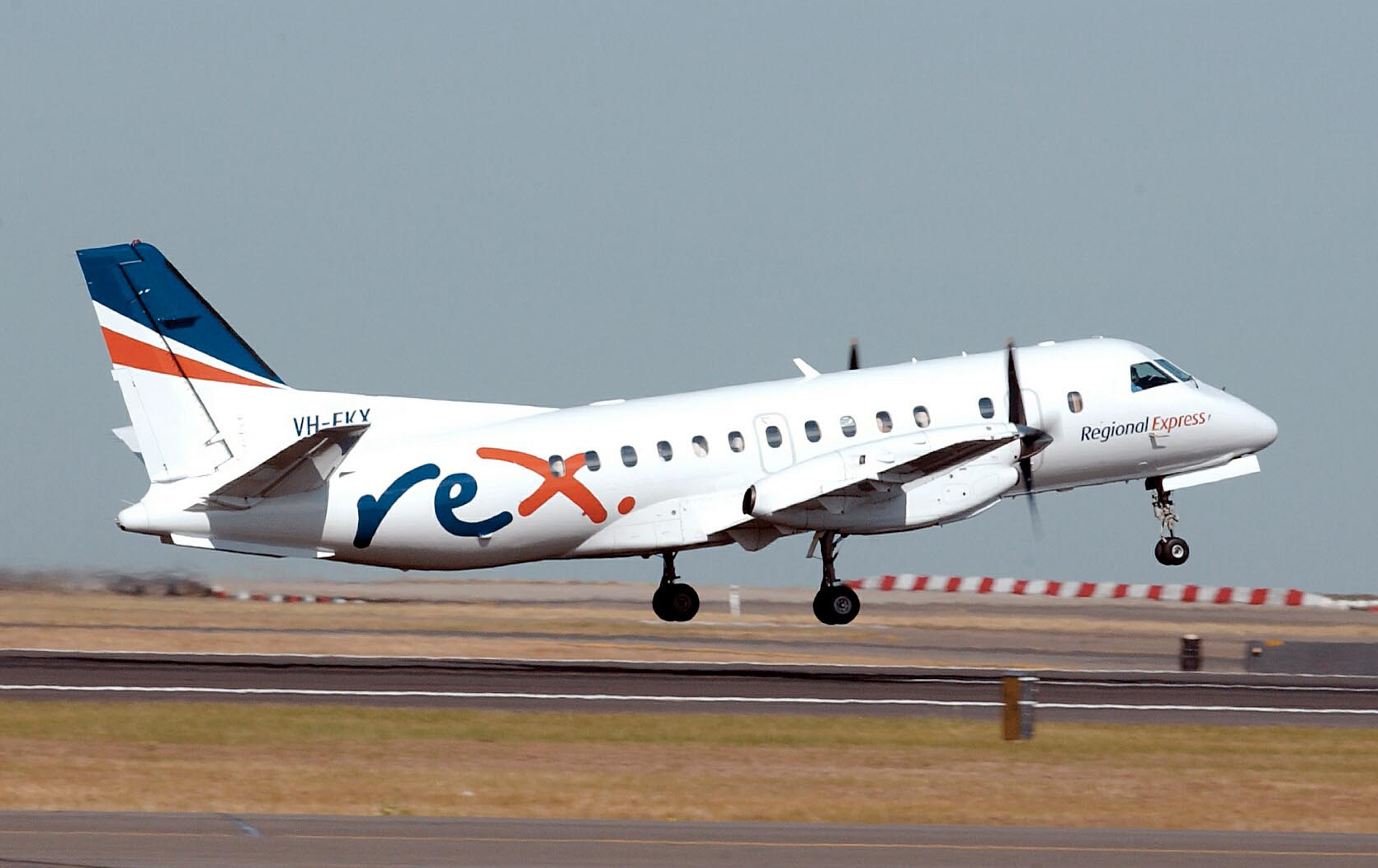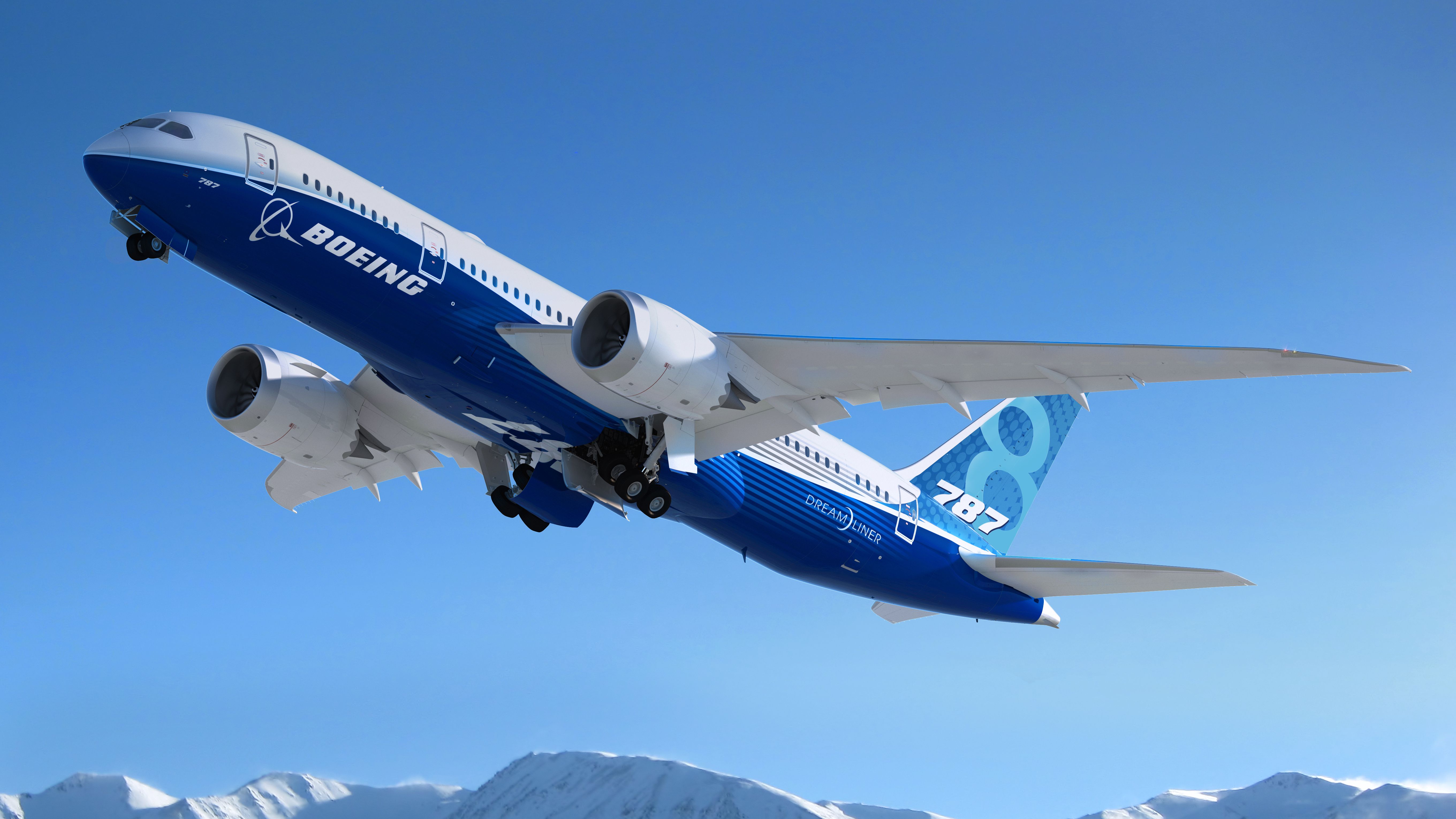Starting an airline in the depths of a pandemic is no task for the faint-hearted. Counter-intuitively, it was the perfect time for Rex, Australia's independent regional carrier, to take on its bigger rivals, Qantas, Jetstar, and Virgin Australia.
In a testament to how successful the move into domestic flying has been, today Rex Airlines announced it has sourced two Boeing 737-800s to add to its fast-growing domestic fleet. The two aircraft will arrive in Australia in June and July, bringing Rex's domestic jet fleet to nine.
Since resuming services last year, Rex has quickly built market share and, more importantly, is making profits in the competitive Australian market. That competition is about to get even hotter as new entrant Bonza starts adding regular domestic jet services today, starting with a Valentine's Day route from the Sunshine Coast Airport (MCY) to the Queensland regional center of Mackay (MKY).
Where will the 737s fly?
Rex has signed a Letter of Intent to lease the two 737-800s, although the aircraft details have not been disclosed at this early stage. The rumor mill suggests the two narrowbodies may be coming from the fleet of Singapore Airlines, which, according to fleet data from ch-aviation.com, has two of the type currently on the inactive list. These two 737s, which are not confirmed as the ones Rex will receive, were delivered to Silk Air in 2014, and the ch-aviation data shows they are stored at Singapore Changi Airport.
Wherever the two come from, we understand that they will soon enter the paint shop to emerge with the gleaming Rex livery. After that makeover, they will undergo the usual detailed engineering checks before delivery and entering service on the Australian domestic network.
Discover more aviation news for Australia and Oceania here
Rex deputy chairman John Sharp is never short of a word when talking about the airline and its battles with bigger competitors. Still, he was relatively tight-lipped about where the extra aircraft would operate. In today's announcement, Sharp said that "Rex's domestic jet services have been performing very strongly and have been profitable in the past four months," adding,
"The travelling public has been crying out for our reliable and affordable services in the light of the shameless price gouging by Qantas and these new additions will help alleviate the situation.
"We are still deciding where to deploy these additional aircraft and will explore all options."
More capacity will be welcomed
Of the current fleet of seven 737-800s, the majority are aircraft formerly operated by Virgin Australia configured with 176 seats, eight in business class and 168 in the economy cabin.
Rex has a long heritage of regional flying around Australia, and in addition to the Boeing 737s, it operates 61 Saab 340 turboprops on those routes. Within its domestic and regional network, Rex provides connections to 58 destinations, spread as far apart as the northeastern tip to the southwestern corner of the continent.
For months domestic airfares in Australia have been climbing, and with capacity constrained at major airlines, the arrival of these two 737s will help to turn that situation around. Rex has carved out a growing niche in the market and, in every respect, is seen as a reliable and viable alternative to the majors. With Bonza introducing new 737 MAX aircraft into the market and Rex expanding, the prospects for Australian domestic travelers are on the up in 2023.

